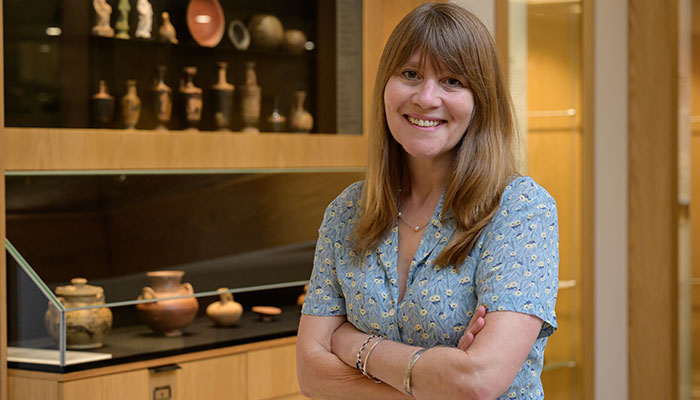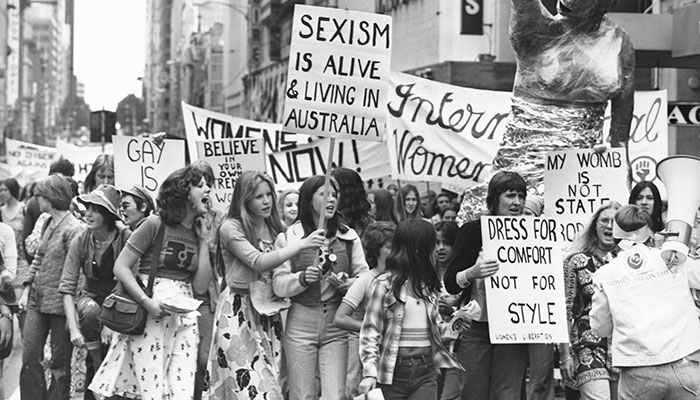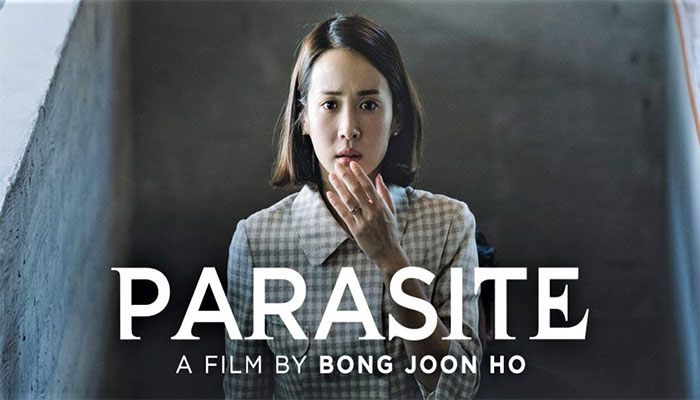#WhatsHappeningInThailand? Many Aussies may have seen this hashtag trend on Twitter over the past few days. They may have also seen videos of angry young people flocking to the streets of Bangkok on the news. What many may not know, however, is that these protests represent a radical shift in Thai political discourse.
Political context
For most Australians, the 'Land of Smiles' is simply a tropical tourist destination. Many of those boarding planes for getaways in resort destinations such as Phuket rarely think about Thai political systems beyond an awareness that the country is notorious for its regular coups.
Thailand is nominally a democratic constitutional monarchy, but Thai democratic institutions are unstable and military intervention is common. The most recent coup occurred in 2014 when General Prayut Chan-o-cha and his military junta seized power and suspended the government after six months of sustained political unrest.
Occupying important symbolic spaces in Bangkok, the young protesters have innovated through catchy political slogans centered around three key demands.
The monarchy is central to contemporary Thai political culture. Unlike Australia, where legal checks and balances strongly limit the role of the monarchy in everyday life, Thai law places the King in an almost sacred position.
Harsh lèse majesté laws proscribe explicit criticism of the monarchy and the royal family, with those convicted facing up to 15 years behind bars.
Current protests
Both the government of General Prayut, who remains Prime Minister, and the monarchy represent the focus of activists’ anger. Unlike previous pro-democracy protests, however, the young people who lead the current movement have decided to radically shift their rhetoric. Simply put, the current protest has explicitly targeted the King. Friday 16 October saw one of the largest student-led protest movements in recent Thai history.
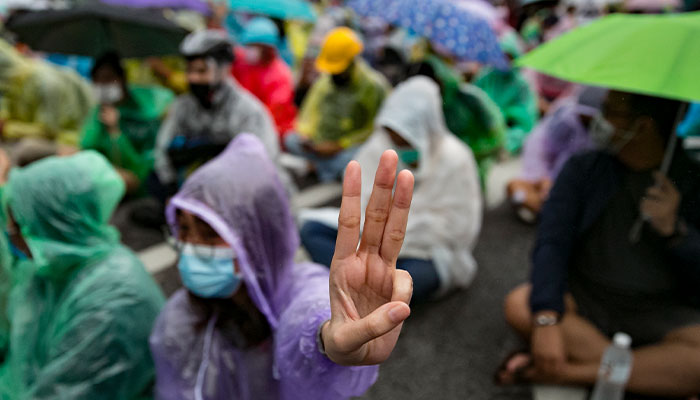
Anger: A protester in Bangkok on October 18 gives the three-finger salute from The Hunger Games, which has become a symbol of resistance against the Thai state.
Occupying important symbolic spaces in Bangkok such as the Victory Monument and Ratchaprasong Intersection, the young protesters have innovated through catchy political slogans centered around three key demands: the resignation of General Prayut, reform of the current constitution (written by Prayut’s junta) and – shockingly – reform of the monarchy.
The movement takes inspiration from the courageous acts of a new group of student leaders. On 10 August, a young woman named Rung took the stage at a protest event at Thammasat University to announce 10 demands for democratic change. Importantly, Rung publicly called out the King as one of the main causes of political turmoil in Thailand, shocking older generations who would never dare to even speak the King’s name.
Young protesters have begun referring to the King as Voldemort, the villain of the Harry Potter media franchise, as a playful critique of 'He Who Must Not Be Named'.
The protesters are continuing to challenge social norms through their political rhetoric. Taking inspiration from the Hong Kong protest movement of 2019, young students have hijacked political discourse through targeted use of social media as well as taking to the streets. Gathering across the country, high school and university students have come together to heatedly criticise both the PM and, in direct contravention of lèse majesté laws, the monarchy.
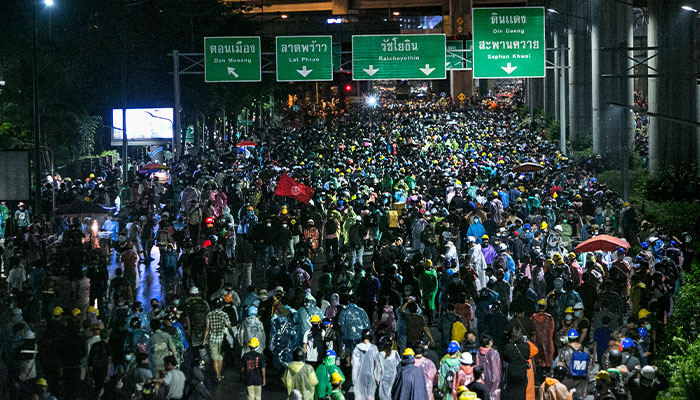
Action: Anti-government protesters flood the streets of Bangkok on October 17, calling for government reform.
Protesters have even developed a series of clever code-words to speak about both figures as a way to circumvent political censorship. One particularly innovative example is using the English phrase “I hear” – which sounds like a Thai profanity – to address Prayut.
Protest venues are only announced via social network accounts within a few hours before the actual gatherings to frustrate the police, who protesters have begun calling 'mocha coffee' online due to their distinctive brown uniforms. Importantly, protesters mobilise pop culture to get their messages across.
The 'three finger salute' from The Hunger Games film franchise has, for instance, become a symbol of resistance against the state. Likewise, young protesters have begun referring to the King as Voldemort, the villain of the Harry Potter media franchise, as a playful critique of 'He Who Must Not Be Named'.
Celebrities show their support
Since the protests began, a wave of celebrity support has built across social media as actors and actresses have used their significant platforms to boost the protesters' demands. This is particularly surprising, since most Thai celebrities typically refrain from engaging in subversive politics with only a handful daring to voice support of pro-democracy activism in the past.
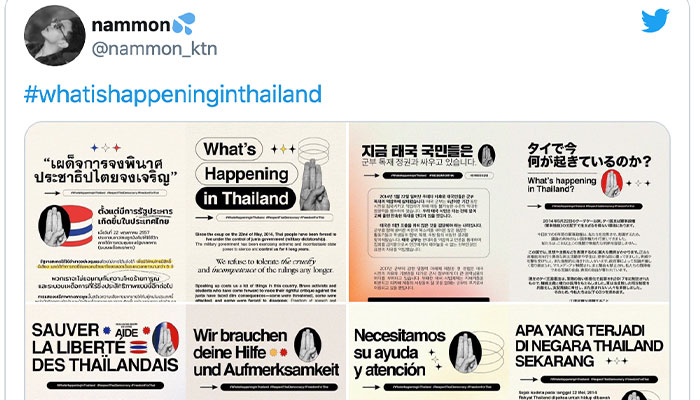
Star power: Young celebrities like actor Nammon have used their social media platforms, including Twitter, to boost the protesters' demands.
But a new generation of young stars popular among teens and university students are choosing to raise their voices in support of the protests, calling out police violence and demanding transparency of the mainstream press. Unlike the previous generation of celebrities who often mobilised in support of the political elite, these younger celebrities are explicitly calling for democratic change.
- VIDEO New breast implant study launched as risk evidence mounts
- VIDEO Fruit fly breakthrough puts killer mozzies on notice
Importantly, celebrities with transnational platforms are reaching out to their many fans around the world to increase awareness of #WhatsHappeninginThailand. Their legions of fans are responding by further boosting protesters’ messages.
Mimicking strategies already developed by K-pop fans active in the Black Lives Matters movement, fans of Thai celebrities in Japan, Taiwan, and even Australia are showing solidarity with the Thai protest movement on social media. A growing 'Milk Tea Alliance' is developing between social media users in Thailand, Hong Kong and the Philippines as young people across the region battle for democracy.
Dr Thomas Baudinette and Dr Chavalin Svetanant are lecturers in International Studies in the Department of Media, Communications, Creative Arts, Languages and Literature.

